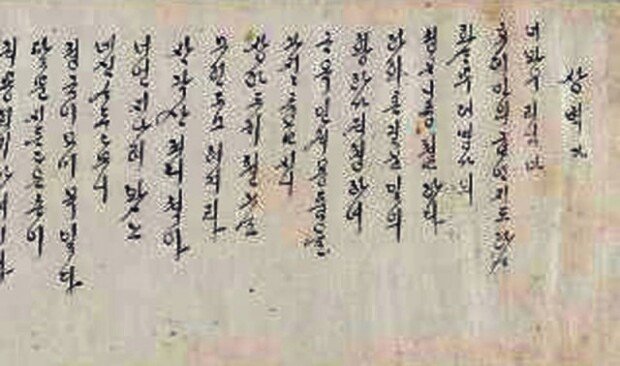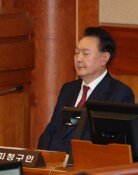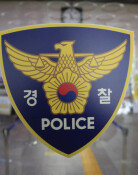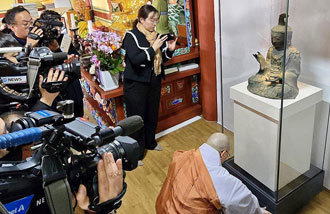3 Korean books are added to regional list of UNESCO Memory of World program
3 Korean books are added to regional list of UNESCO Memory of World program
Posted November. 28, 2022 07:32,
Updated November. 28, 2022 07:32

Three Korean books, including "Samguk-yusa" (Memorabilia of the Three Kingdoms) written by Buddhist monk Il-yeon during the Goryeo Dynasty of Korea, "Naebang-gasa," which is a collection of literary works written in Korean by women in the late Joseon period, and records of South Koreans' efforts to recover from a devastating oil spill off Taean, have been added to the regional list for Asia and the Pacific of the UNESCO Memory of the World program on Saturday.
The Cultural Heritage Administration and the Korean Studies Institute said during the ninth general meeting of the UNESCO Memory of the World Committee for Asia, and the Pacific held on Saturday in Andong, North Gyeongsang Province, three Korean records were added to the list.
Regional lists of the UNESCO Memory of the World program include records that impacted five regions in the world. With the latest additions, South Korea now has six records on the list, including a set of traditional wooden plaques, "Maninso,” Ten thousand people's petitions written by Confucian scholars honoring Crown Prince Sado, and name boards on Joseon Dynasty’s royal palaces.
"Samguk-yusa" is considered to have formed an ethnocentric view of history in the 13th century. "Naebang-gasa," mostly written in Andong, North Gyeongsang Province, is regarded as the output of female-led activities. “'Naebang-gasa’ shows the process of the Korean alphabet becoming more common since its development,” said Lee Sang-ho, the manager of the world record heritage team of the Korean Studies Institute. About 222,000 records of recovering from an oil spill-off in Taean were recognized for their value in showing the process of overcoming the large-scale oil spill-off.
Now, South Korea has 22 items on the list of Memory of the World Programme list – six on the regional list and 16 on the international list. Among the 16 records on the international list, which the International Advisory Committee of UNESCO selects, are the Veritable Records of the Joseon Dynasty and Hunminjeongeum.
choigiza@donga.com







